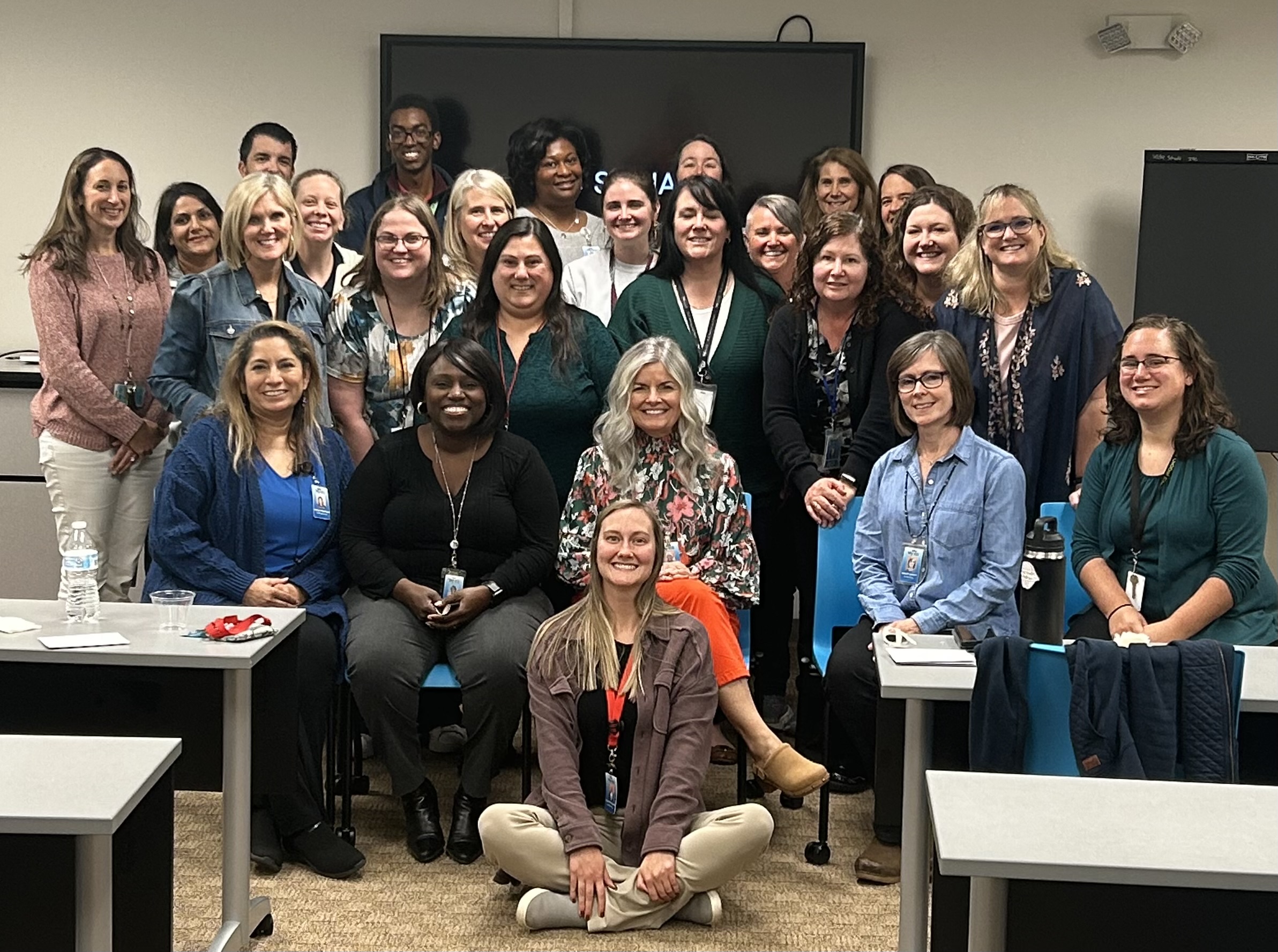Psychological Services
School psychology is the specialty area within the profession of psychology which concerns itself with applying the knowledge and research of psychology to improve the learning and education process within schools. The focus is upon the educational development of individual children, their skills and abilities, and the social and emotional factors which affect their learning process in the classroom.
Vision: The Psychological Services Department provides a system of comprehensive service delivery that enhances the quality of education and overall well-being for all students.
Mission: The Psychological Services Department seeks to positively impact the learning, behavior, and mental health outcomes for all students by providing evidence-based practices, promoting psychologically safe environments, and collaborating with others.


We believe that it is important to:
Emphasize problem-solving, prevention, and intervention
Promote early identification of school difficulties
Promote and help to facilitate a positive school climate
Recognize the effects of overall well-being and mental health on learning and adjustment
Collaborate and consult with families, school system personnel, and community agencies
Deliver services and activities reflective of best practices
School Psychological Services
School psychologists are members of school teams that support students' ability to learn and teachers' ability to teach. With their expertise in mental health, learning, and behavior, school psychologists help children and youth succeed academically, socially, and emotionally. They collaborate with educators, parents, and other professionals to create safe, healthy, and supportive learning environments for all students that strengthen connections between home, school, and community.
School psychologists have knowledge and skills in the areas of:
Data collection and analysis
Assessment
Progress monitoring
School-wide practices to promote learning
Resilience and risk factors
Consultation and collaboration
Academic/learning interventions
Mental health interventions
Behavioral interventions
Instructional support
Prevention and intervention services
Special education services
Crisis preparedness, response, and recovery
Family-school-community collaboration
Diversity in development and learning
Research and program evaluation
Professional ethics, school law, and systems
School psychologists provide direct support and interventions to students, consult with teachers, families, and other school-employed mental health professionals (i.e., school counselors, school social workers) to improve support strategies, work with school administrators to improve school-wide practices and policies, and collaborate with community providers to coordinate needed services. They help schools successfully: improve academic achievement; promote positive behavior and mental health; support diverse learners; create safe, positive school climates; strengthen family-school partnerships; and improve school-wide assessment and accountability.
Source: National Association of School Psychologists
